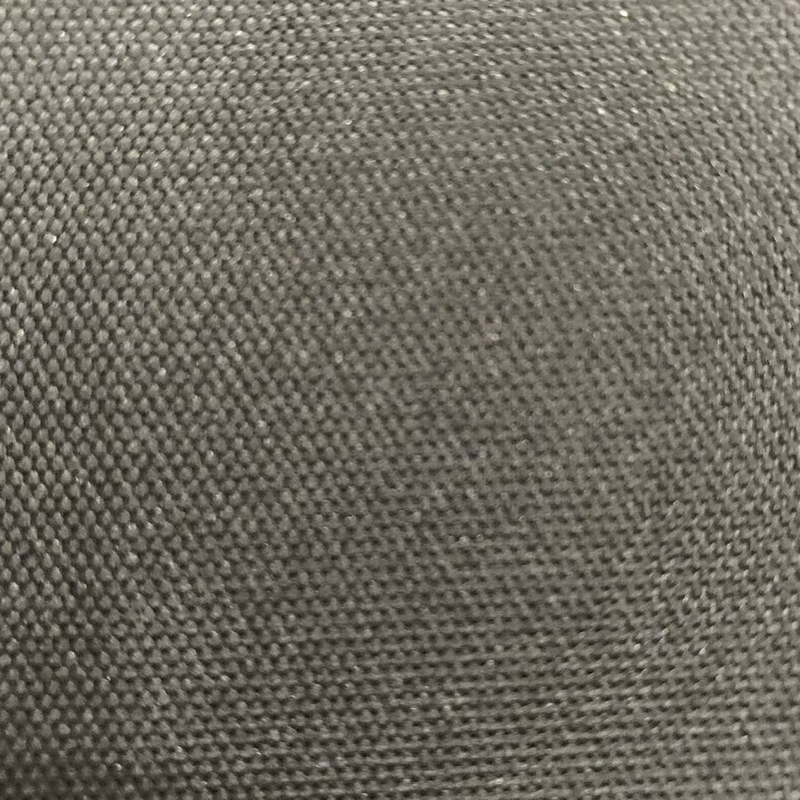Recycled post-consumer polyester fabric has emerged as a beacon of sustainability in the textile industry, offering impressive performance characteristics that make it a compelling choice for various applications. Derived from discarded consumer products like plastic bottles, this innovative fabric not only contributes to reducing waste but also delivers on functionality and durability, two crucial factors for manufacturers and consumers alike. Understanding its performance attributes can illuminate why it's rapidly gaining traction in eco-conscious markets.
One of the standout features of recycled post-consumer polyester fabric is its remarkable durability. Much like its virgin counterpart, recycled polyester is known for its strength and resilience, which makes it an excellent choice for a range of products, from apparel to home textiles. This durability translates into a longer lifespan for the final products, reducing the need for frequent replacements and minimizing environmental impact. Additionally, recycled polyester exhibits excellent resistance to shrinking and stretching, maintaining its shape and structure even after numerous washes. This stability not only enhances the user experience but also reinforces the fabric's sustainable credentials by prolonging the lifecycle of items made from it.
Moisture-wicking properties are another significant advantage of recycled post-consumer polyester. The fabric effectively draws moisture away from the skin, facilitating quick evaporation and keeping the wearer comfortable in various conditions. This characteristic is particularly beneficial for activewear, where breathability and moisture management are essential. Furthermore, recycled polyester can be engineered to enhance its performance in this area, offering consumers versatile options tailored to their needs. This adaptability positions recycled polyester as a competitive alternative in the sports and outdoor apparel markets, where performance is paramount.

In terms of aesthetics, recycled polyester fabric does not compromise on appearance. It can be produced in a wide array of colors and patterns, enabling designers to craft visually appealing products without sacrificing sustainability. Color retention is also notable, as the dyeing process for recycled materials can be optimized to achieve vibrant shades that withstand the test of time. This visual versatility makes it an attractive option for brands aiming to blend eco-friendliness with style, appealing to the growing segment of consumers who prioritize both sustainability and fashion.
Additionally, the environmental benefits of recycled polyester extend beyond its performance characteristics. The process of recycling post-consumer materials generally requires less energy and water than producing virgin polyester. This reduction in resource consumption aligns perfectly with global sustainability goals, making recycled polyester a favored choice for companies committed to reducing their carbon footprint. As consumers become increasingly aware of the ecological impacts of their purchases, the performance characteristics of recycled polyester combined with its sustainable origins create a powerful narrative that resonates in today's market.
Recycled post-consumer polyester fabric stands out for its durability, moisture management, aesthetic appeal, and environmental benefits. These performance characteristics not only make it a practical choice for various applications but also position it as a frontrunner in the quest for sustainable textile solutions. As the industry continues to evolve, the ongoing innovations in recycling technologies and processes will likely enhance these attributes even further, solidifying recycled polyester's role in shaping a more sustainable future for textiles.